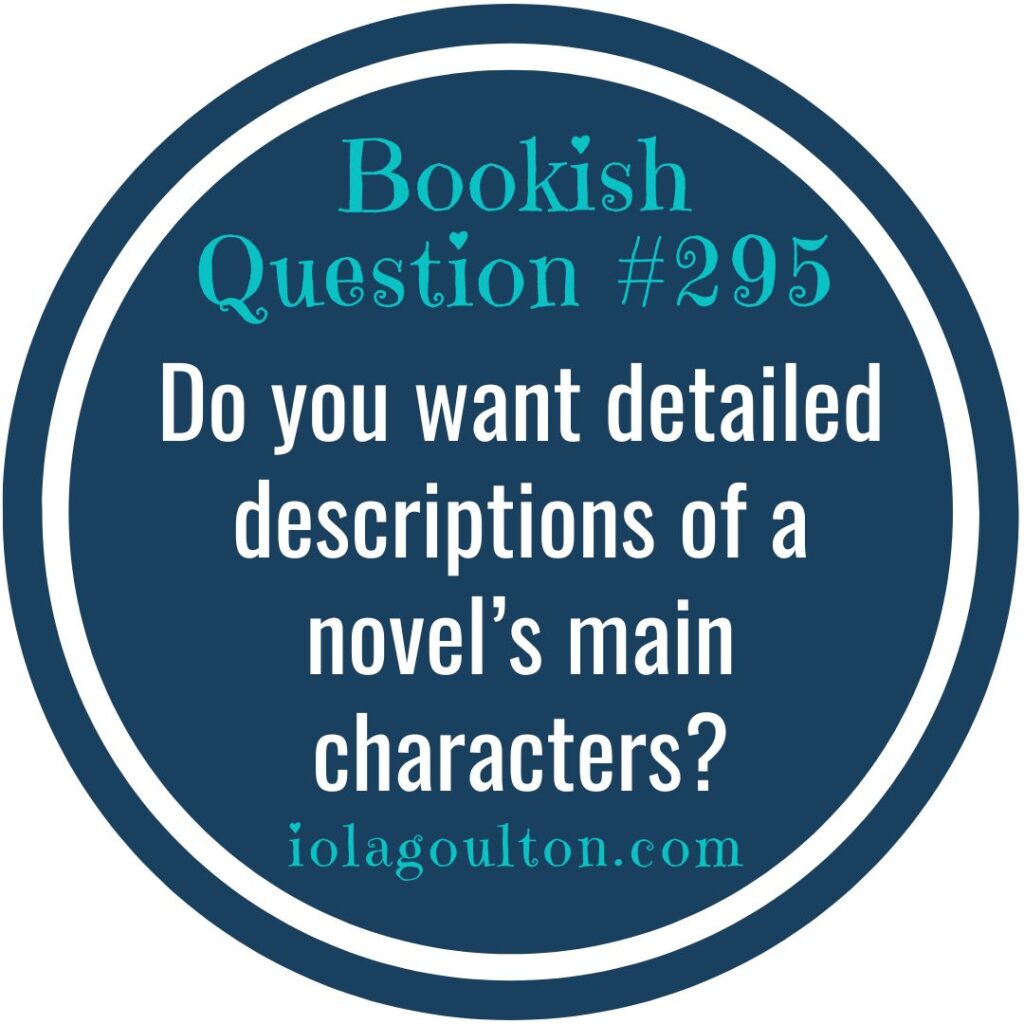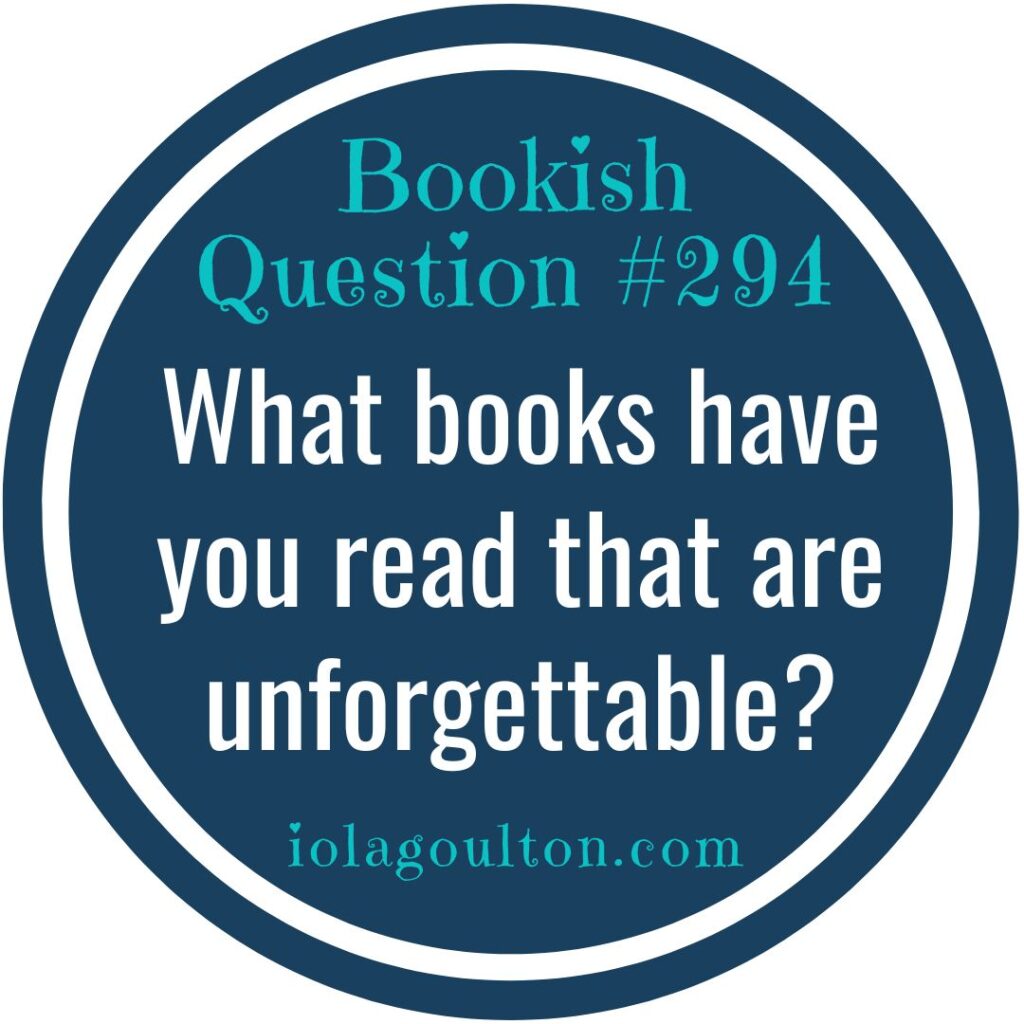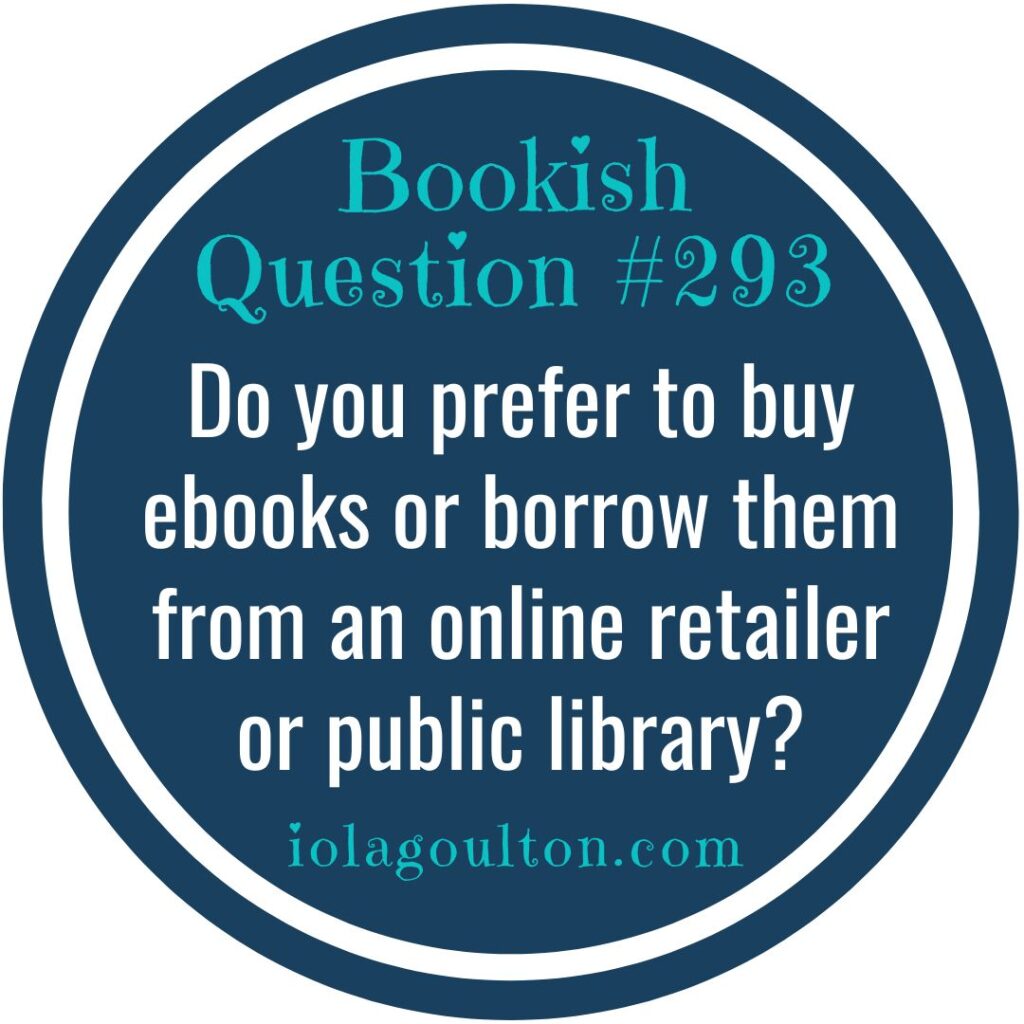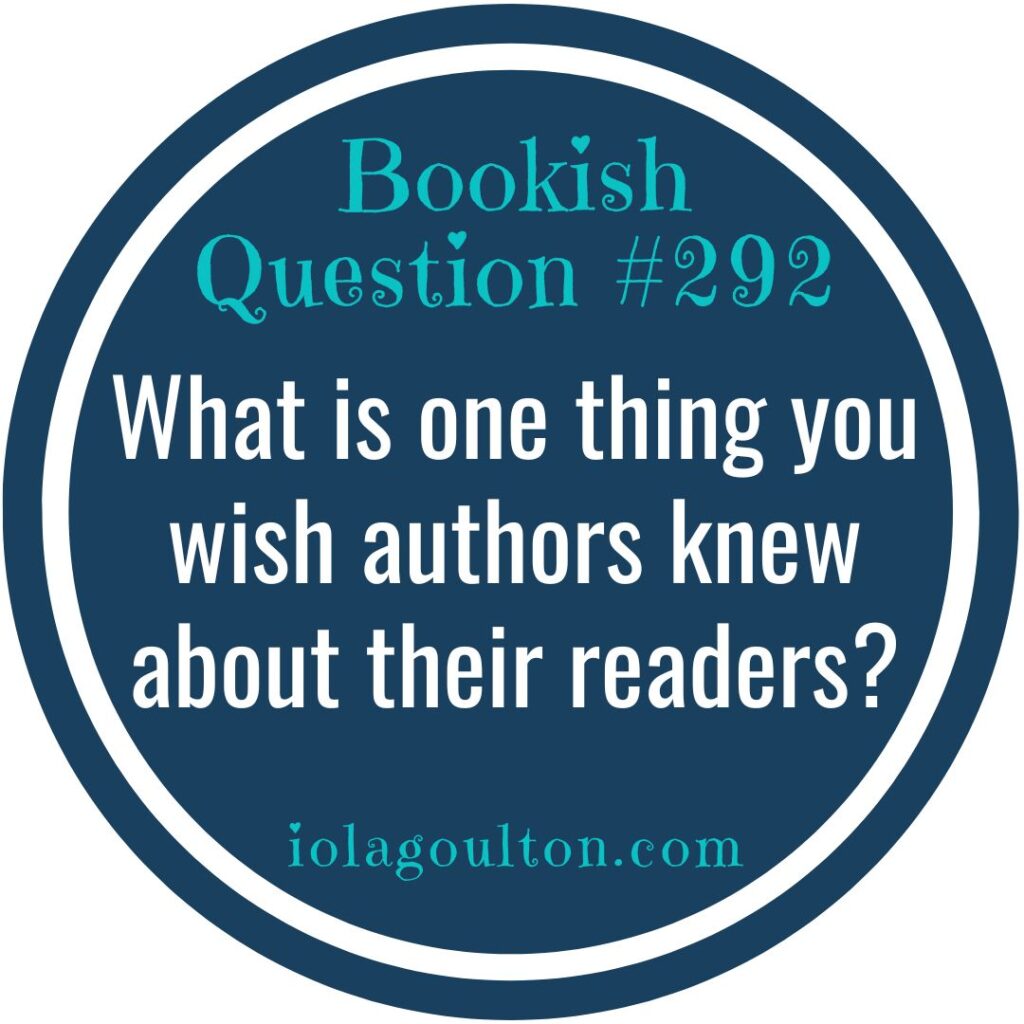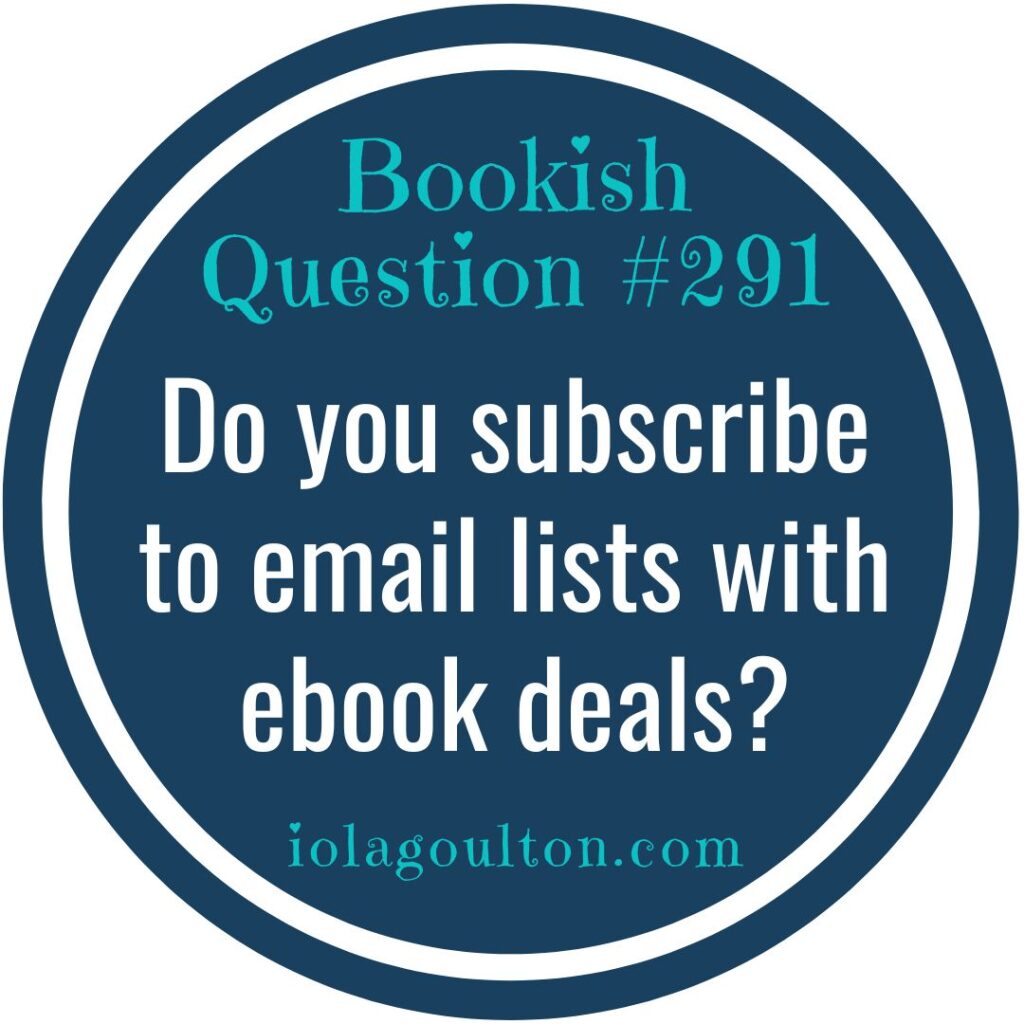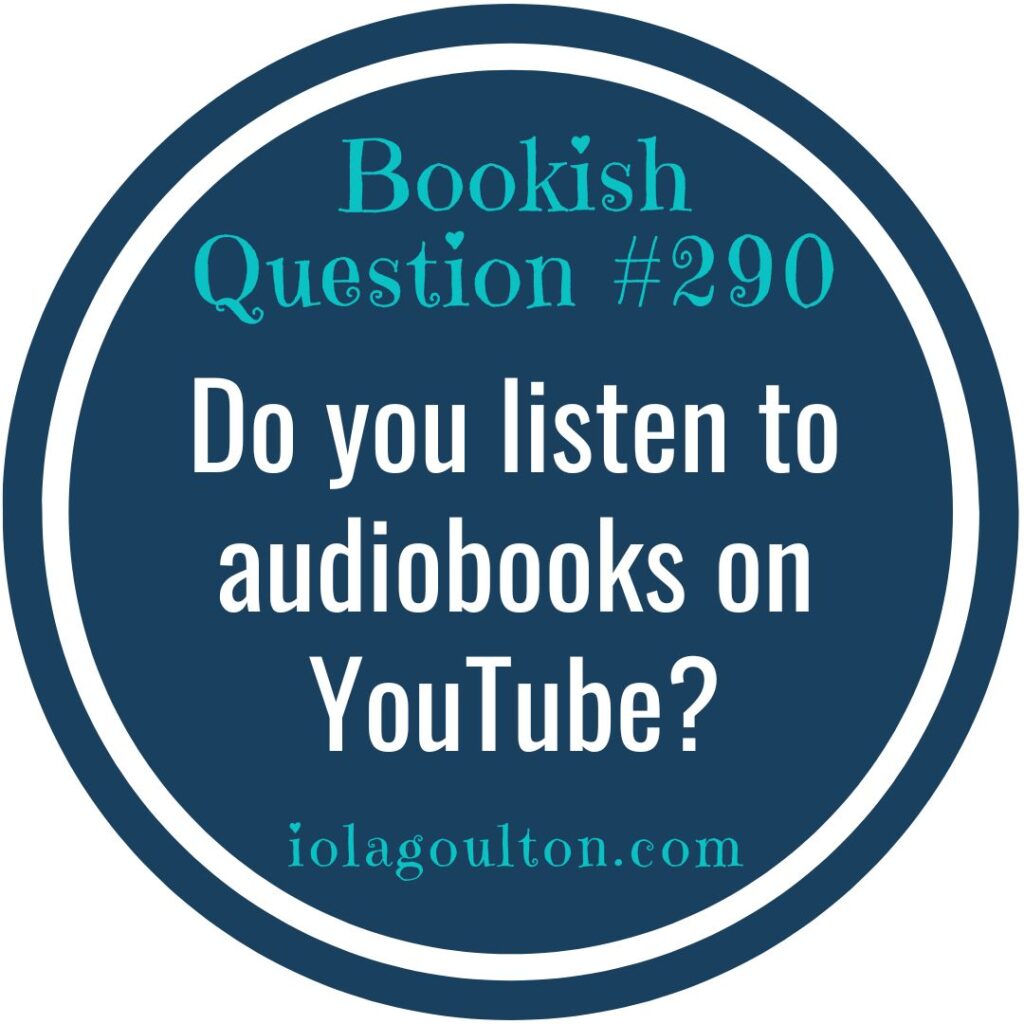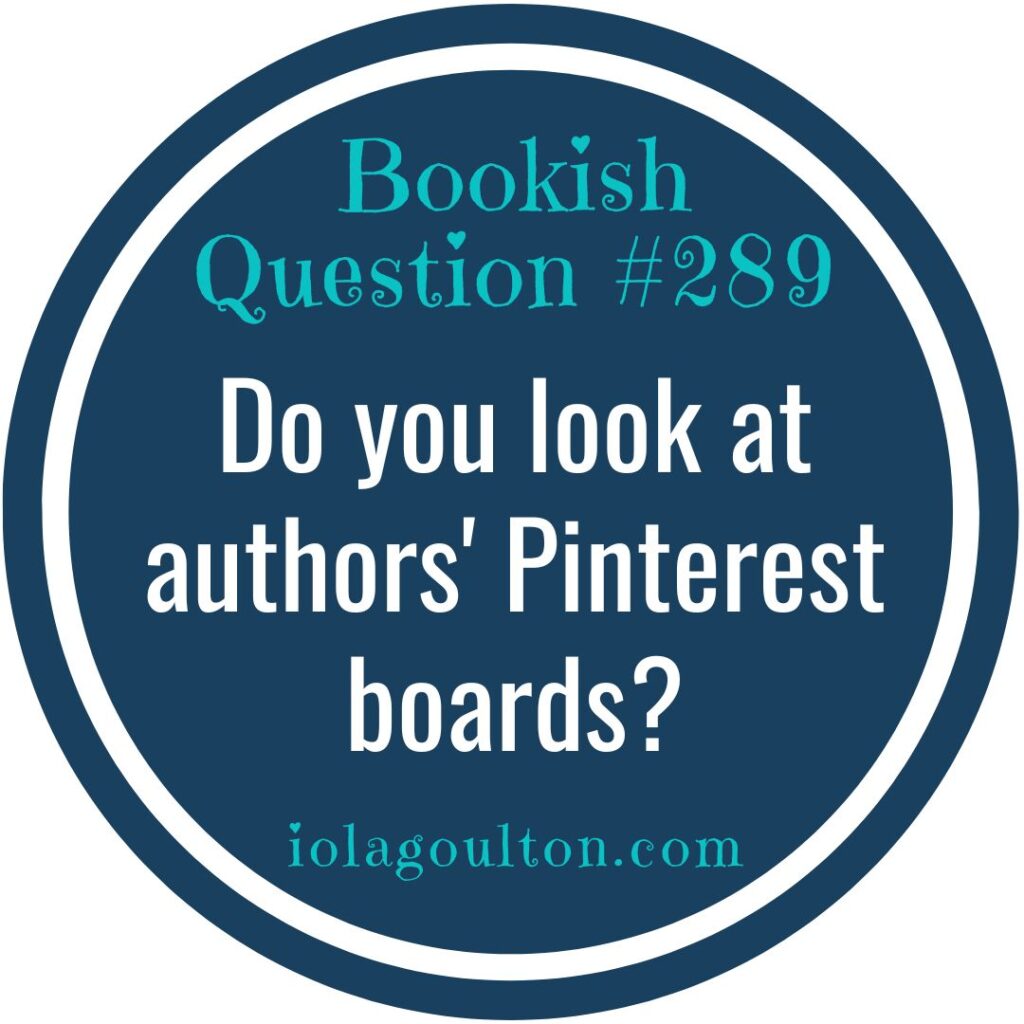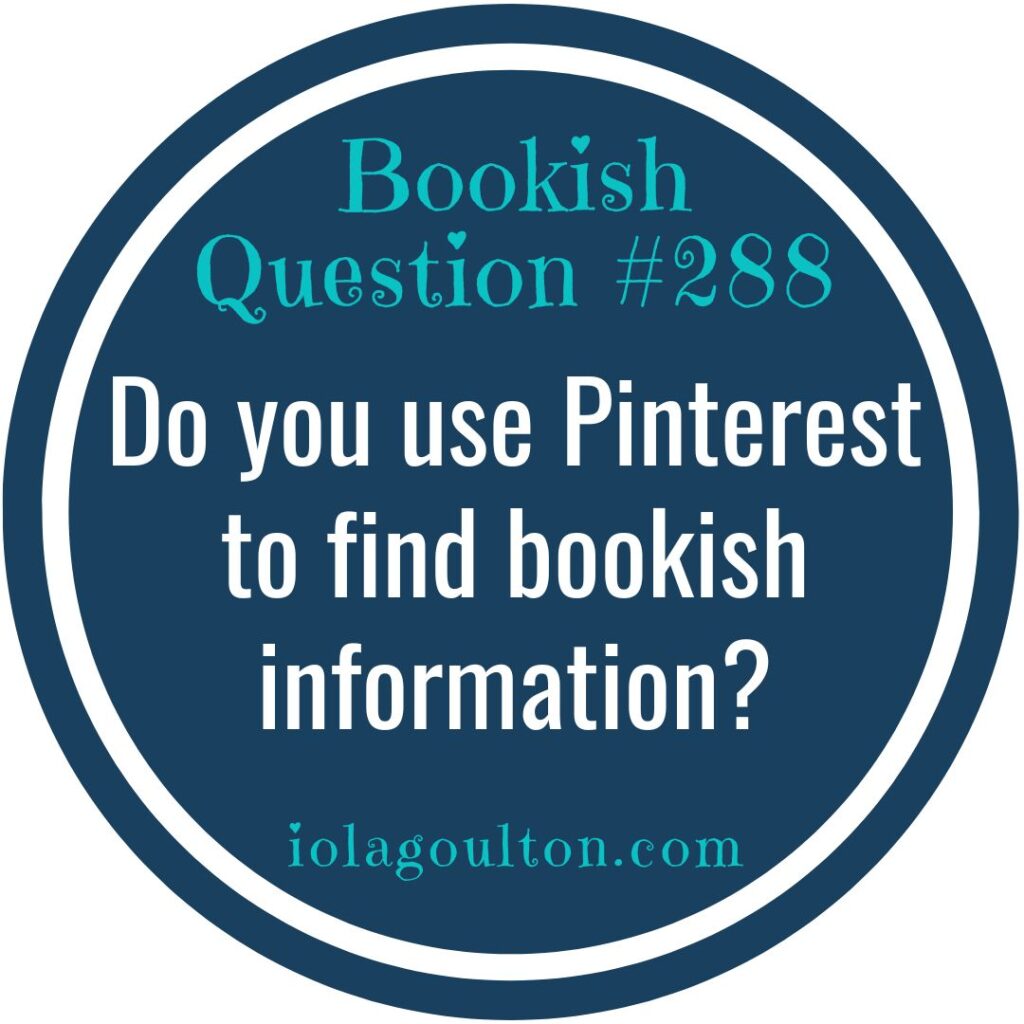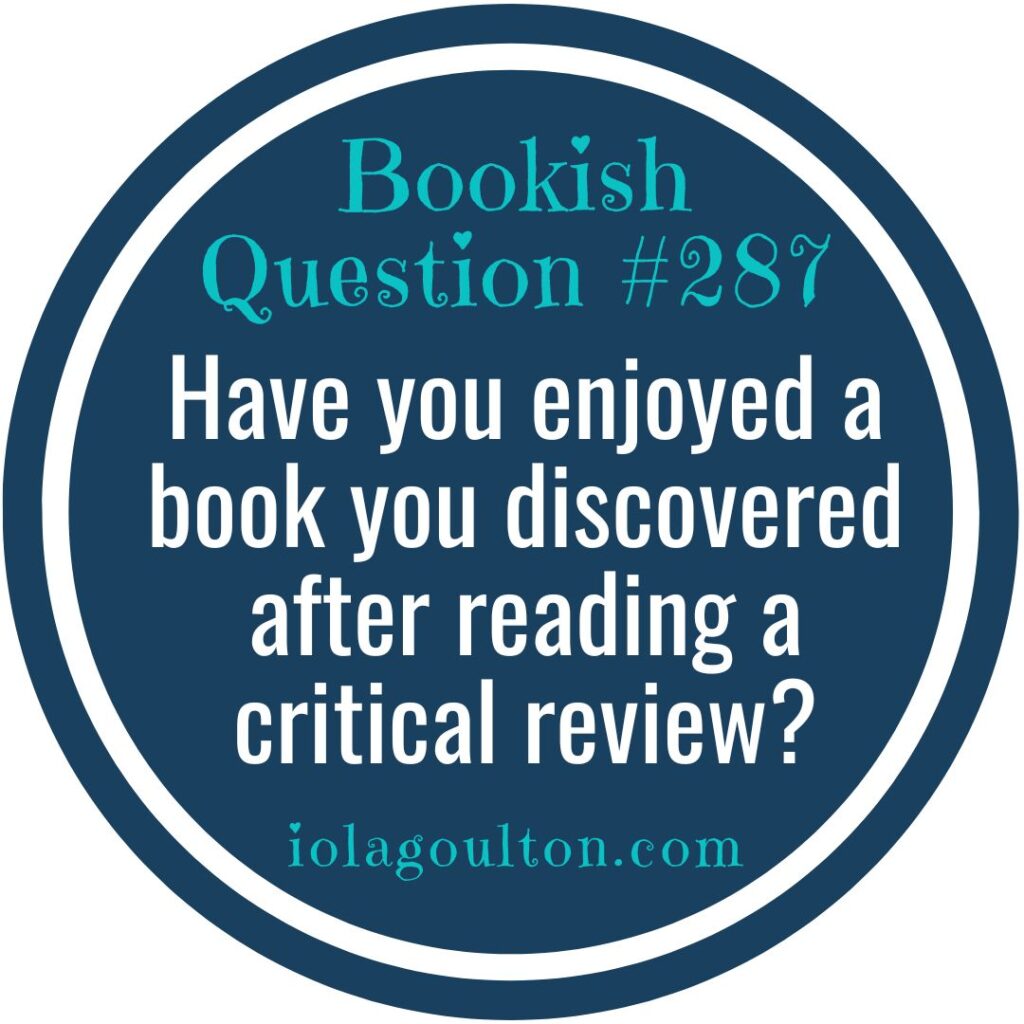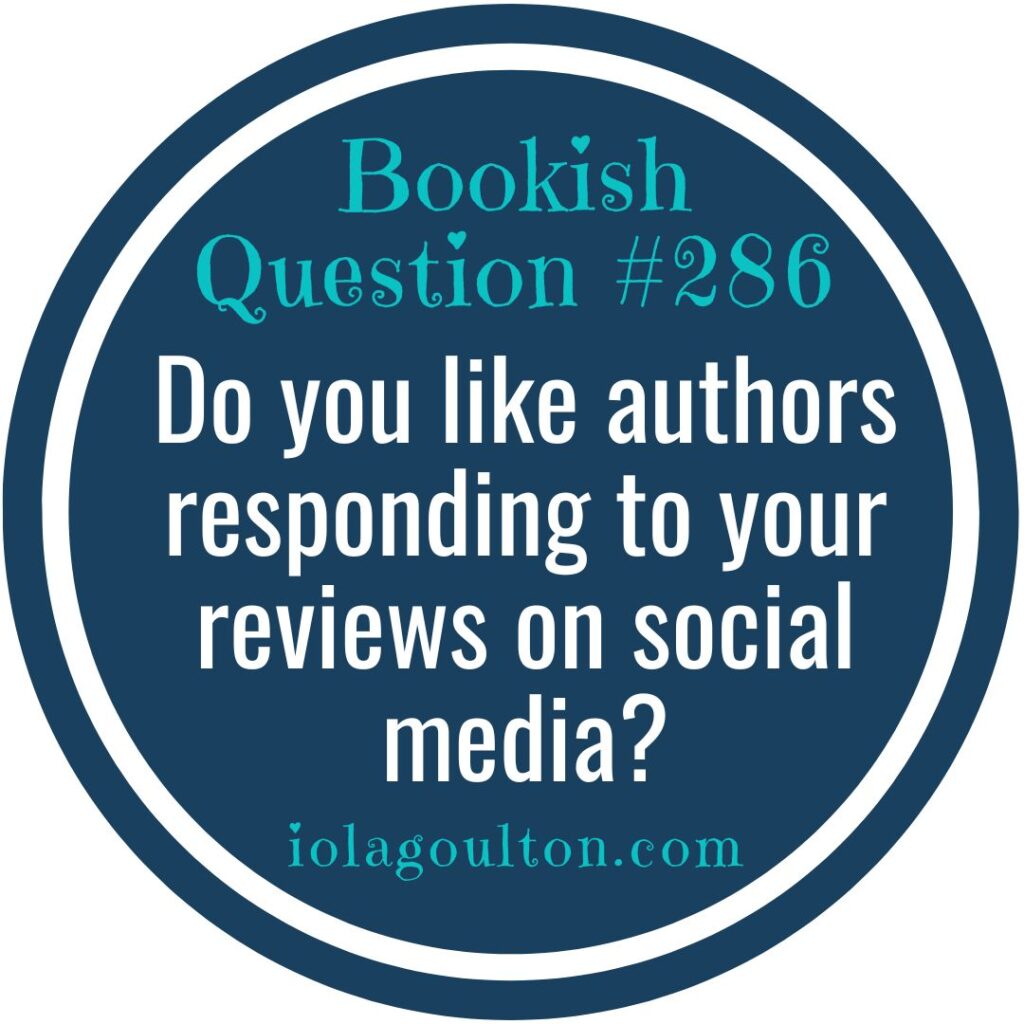This is easy, and it should also be a no-brainer. After all, authors should also be readers, and it shouldn’t be difficult to switch between reader brain and writer brain.
I wish authors would remember that not all books are for all readers.
We all have favourite genres, tropes, and writing styles, and it’s not a personal attack if someone doesn’t like one (or all) of your books. Some people don’t like romance novels. Some don’t like murder mysteries. Some don’t like fiction at all.
If someone doesn’t want to read your book because they don’t read that genre, that’s okay.
Our job as authors is to find those readers who DO like they genre/s we write, not to castigate those readers who don’t. If you like small-town contemporary Christian romance, then I hope you’ll check out my debut novel, Always By My Side.
I wish authors would remember that we can’t love everything equally.
As soon as you have more than one book, readers are going to compare them and have a preference. The fact they preferred your second book doesn’t mean they disliked your first book (and vice versa).
If you write in more than one series, some readers will follow everything you write and others will only follow one series or genre or trope.
For example, I love Roseanna M White’s spy/investigator novels.
I’ve just finished A Beautiful Disguise, and it was wonderful (my review will post next week). I’ve also read some of her other series and while they are perfectly good novels, I didn’t enjoy them as much as her spy/investigator stories.
I wish authors would remember readers love to read … not write reviews.
I enjoy writing reviews and sharing them with my blog readers (and sharing them on Amazon, BookBub, and Goodreads). But sometimes it’s nice just to read a book and enjoy it (or not), and know I don’t have to write a review.
I do appreciate everyone who has reviewed Always By My Side on Amazon, BookBub, Goodreads, or any other website (especially their own websites), and I appreciate the effort it takes.
Reviewing the books you read on online sites does help readers find books they will enjoy. Reviews don’t have to be long – a couple of sentences explaining why you liked (or disliked) a book is enough.
Even if you don’t enjoy reviewing books online (or can’t), you can still support your favourite authors by buying their books for yourself or for others, by requesting and borrowing their books from your local library or from Kindle Unlimited, or by telling your friends about books you’ve enjoyed, whether that’s in person or in online groups such as Avid Readers of Christian Fiction.
(And if you live in Australia or New Zealand, remember to add your reviews to Koorong! They’ll send you a AUD 10 gift voucher for every four reviews you write on their site, with a maximum of one voucher per calendar month.)
So that’s three things I wish authors knew (or would remember) about their readers.
What do you wish authors would remember about readers?

